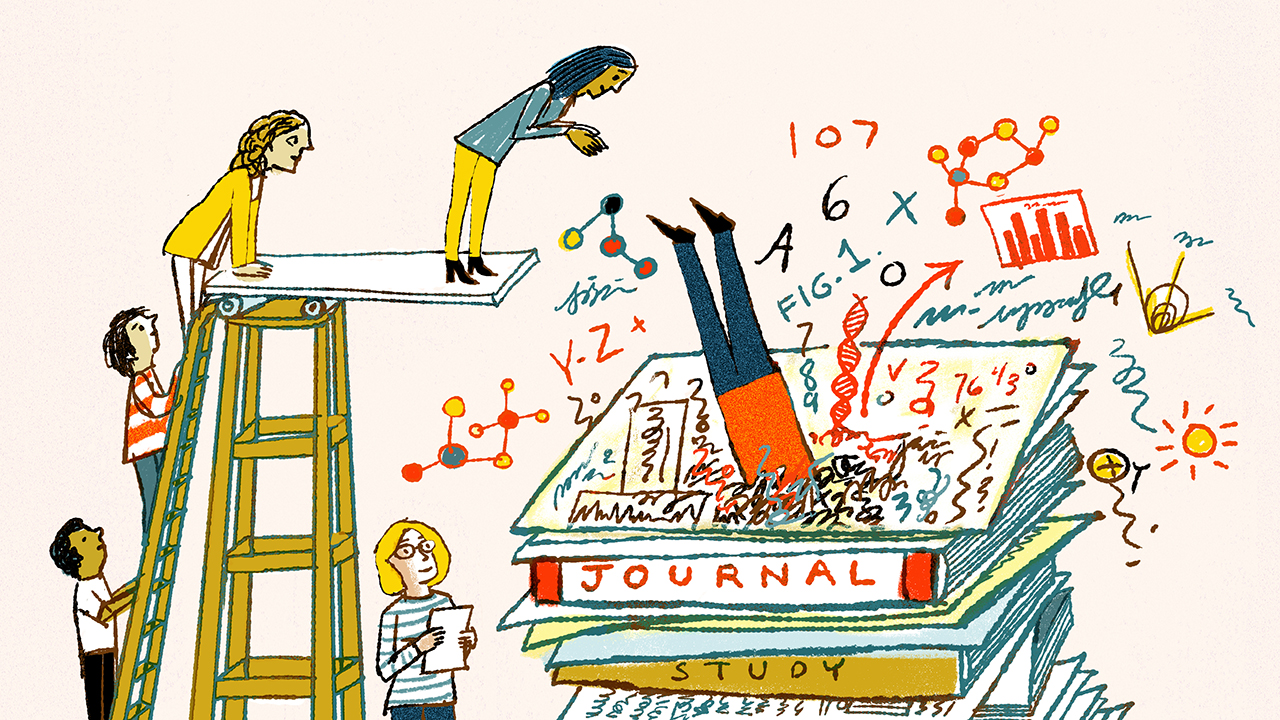
Every student is told to study hard, but few are taught how to study effectively. What works for one person may not work for another, which is why it can help to treat studying like a science experiment. By testing different strategies, reflecting on the results and making small adjustments, students can discover the methods that truly help them learn.
The first step is to recognise that studying is not about the number of hours spent with books open, but about the quality of focus and retention. A student might begin by trying active recall, which means covering notes and testing themselves instead of rereading passively. Another strategy could be spaced repetition, where revision is spread out over days or weeks instead of being crammed into one session. Both techniques are backed by research, but each student should trial them to see which fits their learning style and schedule best.
It is also useful to experiment with the environment. Some students focus better in a quiet library, while others may find background noise helps them concentrate. Similarly, the time of day can make a difference. Morning study might work better for some, while others do their best thinking in the evening. By keeping track of when and where study feels most effective, students can refine their routine.
Reflection is essential. Scientists record their findings, and students should do the same. Keeping a short study journal can help identify what methods lead to better recall and stronger exam performance.
By treating study as a process of trial and error, students avoid the trap of copying others’ habits and instead find approaches that work for them. The result is not only improved grades, but also a sense of ownership and confidence in their learning.
Freddie Le Vay

